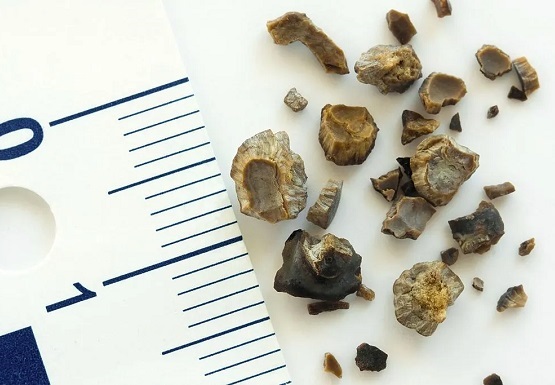Nipping Prostate Cancer With the Help of Robots

How can robots treat patients with prostate cancer? Senior consultant urologist Dr Png Keng Siang from FeM Surgery @ Alvernia offers tips on minimally-invasive robot- assisted biopsy and surgery.
Robot-Assisted Biopsy
How does it work?
Your doctor needs to remove small tissue samples of the prostate for analysis and one of the methods to do so is to conduct a robot-assisted prostate biopsy. Even though the suspected cancerous area in the prostate gland can be very tiny – just 1mm to 2mm – the robot-assisted biopsy is particularly useful at detecting cancers at a very early stage.
This is because the procedure incorporates an MRI scan of the prostate gland into the targeting process of the biopsy. Using a computer software to guide the robotic arm to the exact spot of the prostate gland where the suspected cancer site is, the urologist can precisely retrieve tissue samples. The patient will be put under light sedation during the process but can be discharged on the very day, once he awakes from the sedation.
Benefits of robot-assisted biopsy:
A traditional prostate biopsy uses only ultrasound guidance, which cannot identify small cancers, thus hindering early detection and treatment. Thanks to the MRI scan in a robot-assisted biopsy, this increases the accuracy of detecting prostate cancer up to 80 per cent. The patient thus avoids going through multiple biopsies and can focus on getting treated as soon as possible. This procedure also allows the urologist to cover the entire prostate gland, to ensure any and every bit of cancer is caught.
Robot-Assisted Surgery
How does it work?
Formally known as robot-assisted radical prostatectomy, this is an advanced and minimally- invasive form of surgery that is now the surgery of choice for prostate cancer. By improving vision for the doctor via the use of advanced instrumentation and technology, he can then finely dissect and remove the prostate gland, and reconstruct the urinary passage smoothly.
Benefits of robot-assisted surgery:
Patients recover quicker and the risk of complication is reduced, compared to an open surgery. Patients can be discharged as quickly as three to four days after the operation. This surgery is most suitable for those whose prostate cancer is confined to the prostate gland (early stage) and has not spread to the surrounding organs such as the rectum, bladder or lymph nodes.
Article contributed by Dr Png Keng Siang, accredited doctor from Mount Alvernia Hospital
This article is taken from our MyAlvernia Magazine Issue #46. Click here to read the issue on our website.
